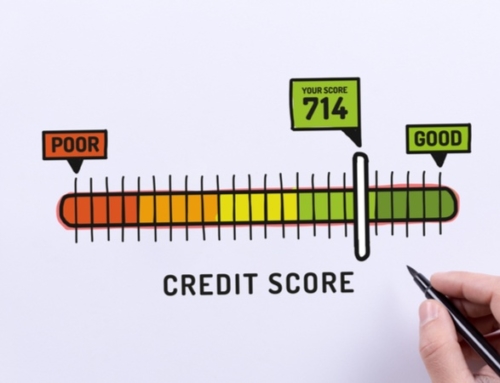Although your income might not have doubled in the past decade, perhaps your debt has.
According to the Federal Reserve Bank, consumer debt hit a record $1.98 trillion in the fourth quarter of 2003, or about $18,700 per U.S. household. That debt includes credit cards and car loans, but not mortgages or home equity loans, which means the total debt load homeowners are carrying is far higher.
According to Todd Mark, spokesperson for Consumer Credit Counseling Service of Greater Atlanta (www.cccsinc.org), the typical individual who walked through their door last year is 41, earns about $34,307 per year, and carries an unsecured debt load of $18,109, including credit card debt, student loans, or medical debt.
“Two-thirds of our clients are female,†said Mark. “We don’t really know why, but a lot of times, men are stubborn and not as willing to seek guidance. Also, women are more likely to seek help earlier while debt can still be controlled.â€
Half of the non-profit credit counseling agency’s clients are married, nearly 40 percent are single and 11 percent are divorced. Just over half are homeowners and they have an average of 8.2 creditors. 56 percent are Caucasian, 38 percent are African American, 5 percent are Hispanic, and the rest are a diverse group of minorities, according to Mark. The statistics are from the agency’s soon-to-be-released 2003 annual report.
For some families, crushing debt is the straw that breaks up their family. For others, it’s a way of life that has to be rethought and reformulated.
“Last year, we had an individual who owed $269,000 in unsecured debt who went into a debt management plan,†recalled Mark. “He had financed a dot com business on his personal credit line. At some point in time, he had had a six-figure income and credit was extended to him. So, he used it, but they weren’t able to keep the company going and the business went under.â€
Mark says a good non-profit credit counseling agency will look at whether the individual has a chance of repaying his or her debt within 5 years, not just shove someone into a debt management program.
“When someone comes in, or calls, the first thing we ask is ‘Are you current on your mortgage?’†Mark explains. “If not, we don’t move them into regular budgeting counseling, but we do a housing session instead. Protecting your house is far more important than worrying about your unsecured debt. We expect people to take care of their house and car and then their unsecured debt.â€
If the mortgage and car payment are current, but the credit card payments are late and getting later, the individual will be sent through budget counseling. The purpose is to determine what is earned, what is owed, what the monthly payments are and whether there is anything CCCS can do to negotiate lower interest rates on credit card debt.
More than half of all clients are sent off with instructions on how to better manage what they have, and how to negotiate with creditors to get a lower interest rate.
“We’re giving them a roadmap and telling them what to do with it. (We’re suggesting) lifestyle changes, second jobs, taking on a roommate, renting space, selling the house or car and getting cheaper housing and transportation,†Mark explained.
If the debt is deemed too big for the individual to manage on his or her own, and counselor decides the debt can be paid off in five years or less, a debt management plan is recommended.
Last year, CCCS of Greater Atlanta set up 12,000 new debt management programs, while administering an additional 11,000.
If the debt is deemed too large to pay off in five years, the counselor starts talking about bankruptcy.
“About 8 percent of clients who came to see us last year were referred to legal resources. We’re not lawyers, so we don’t advise them to seek bankruptcy, but we tell them that bankruptcy is a real option and send them to their local bar association,†Mark said.
According to Mark, CCCS of Greater Atlanta conducted a total of 76,545 counseling sessions last year, with clients in all 50 states.
Some clients need face-to-face contact, a higher form of hand-holding (or wallet holding) than many agencies provide. But an increasing share of the counseling sessions are done over the phone or through the Internet.
“People like the anonymity of the telephone and Internet,†Mark added.
NEXT WEEK: If you’re serious about paying off your debt, the first step is finding a good credit counseling agency. Next week, we’ll look at tips for evaluating whether the credit counseling agency you’re working with is helping – or hurting.
Posted Feb. 22, 2004.






Leave A Comment